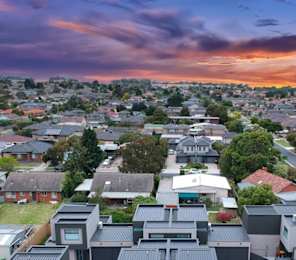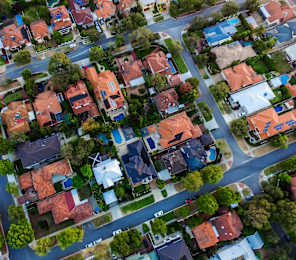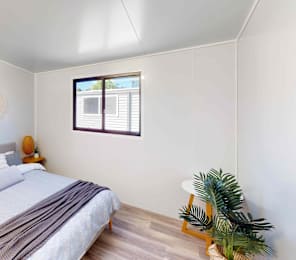A recent study has found retirement living residents have a better quality of life than other older Australians, while renters fared the worst.
The Catalyst Research Report, which was commissioned by the aged care industry, summarises feedback from more than 12,000 Australians aged over 60, comparing groups by age, sex and where they live.
Those in a Retirement Community score significantly higher on the Catalyst Wellness Index (77.5) compared with the average for all older Australians (71.3).
Catalyst Research managing director Kevin McCreton presented these results at the recent Aged and Community Care Providers Association (ACCPA) National Conference.
“It’s clear that retirement communities offer a range of benefits for older Australians,” Mr McCreton said.
“Retirement community residents have superior wellness than those who don’t move from home as well as those who downsize to a smaller property.”
A number of other studies, though, indicate a strong preference for the elderly to continue living “in place” with continued social support and lower overall costs.
Aged and Community Care Providers Association (ACCPA) CEO Tom Symondson said that retirement villages offer a place to thrive and connect within a supporting community.
“Retirement villages empower older Australians to live confidently, pursue their passions and embrace new opportunities,” Mr Symondson said.
“They create a sense of belonging and purpose, offering not just a home but a vibrant environment where people can truly flourish,” he added.
Retirement village residents rate their wellness far more favourably in terms of safety, companionship and access to support. Those living in lifestyle-oriented communities are happier again in terms of independence, activities, mental wellbeing and thoughts about the future.
Those living in a rental have the lowest wellness index of any group.
“It’s clear that renters suffer housing insecurity. They also rate their financial wellbeing far lower than other Australians” Mr McCreton said.
Those over 80 report much higher satisfaction with their financial well-being than those under 66 years of age. This reflects property appreciation, lower expenses and lower spending amongst many Australians over 75.
Women have a slightly lower Wellness score (70.8) than men (71.8). Financial wellbeing is the main predictor of this difference, suggesting women have not benefitted from wealth accumulation or superannuation benefits as much as men.










